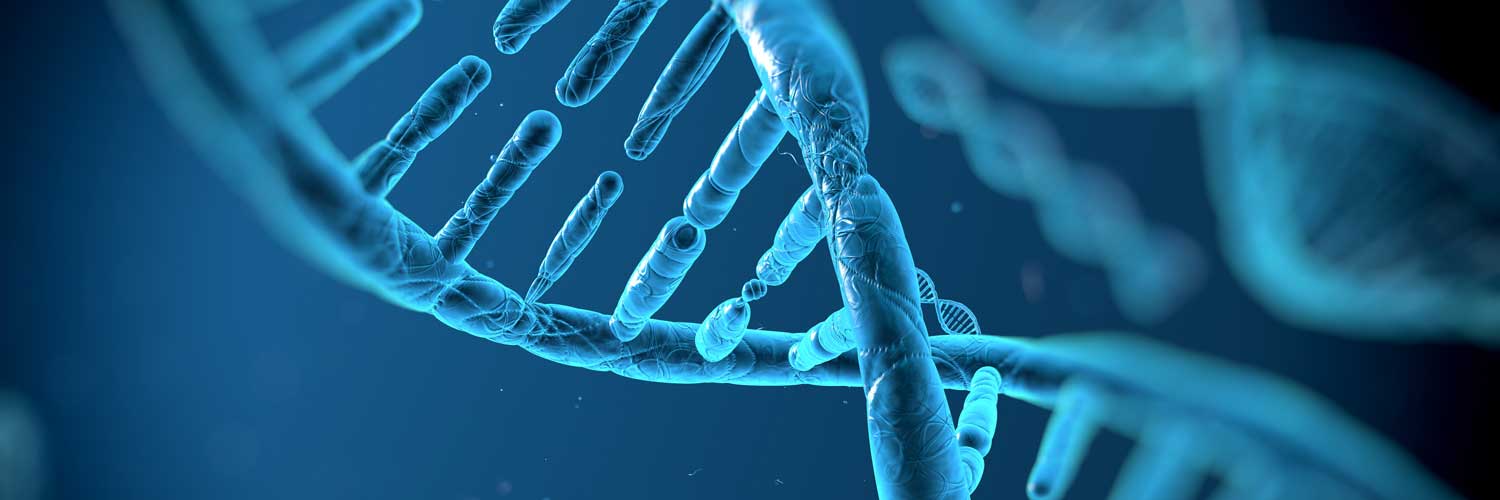Key points of causes of infertility in women
- Lifestyle choices can have a significant impact on female fertility, potentially leading to infertility or conditions that make it harder to get pregnant.
- Smoking, stress, activity levels and nutrition are among the lifestyle factors that can negatively affect a woman’s hormones, disrupting fertility and the natural balance required for ovulation, menstruation and conception.
- Conversely, adopting healthier habits and lifestyles can improve the chances of getting pregnant.
- If issues remain after changes, the next step is for women who are having trouble conceiving (no results after a year of regular, unprotected intercourse) is to seek an infertility evaluation to determine the best course of treatment.

At Ember, everyone is a VIP – very important patient
And we have a thing for the small things: Each Ember patient gets a dedicated fertility coordinator, a patient’s personal care guide through every clinic detail, from the very first phone call to meeting your little miracle. Schedule your appointment today using our online self-scheduling tool.
Lifestyle as a cause of female infertility
Lifestyle choices can have a significant impact on female fertility, potentially leading to infertility or conditions that make it harder to get pregnant.
The National Institutes of Health reports that lifestyle factors influencing women’s fertility include smoking, alcohol consumption, weight, stress, diet and exercise.
Many of these lifestyle choices and behaviors negatively affect a woman’s hormones, disrupting the natural balance required for ovulation, menstruation and conception.
It’s important to note that lifestyle factors that negatively impact fertility can also contribute to other health issues. For example, smoking and excessive alcohol consumption can increase the risk of various cancers and cardiovascular disease. Being overweight or underweight can also lead to other health problems, such as Type 2 diabetes and hypertension. By adopting healthy lifestyle habits, women can improve their fertility and overall health, which will also improve odds of a healthy pregnancy and delivery.

You’re worth it, you’re special
- Enjoy our spa-like clinic while receiving expert, compassionate care.
- We focus on quality time for each individual.
- Our fertility doctor sees the patient at every visit.
- We get to know all our patients – and their stories.
Specific lifestyle causes of infertility in women
Smoking
Smoking cigarettes can damage the reproductive system and reduce fertility. It can decrease ovarian function, increase the risk of miscarriage and reduce the success of fertility treatments. Smoking can also increase the risk of ectopic pregnancy, premature birth and low birth weight.
Alcohol consumption
Excessive alcohol consumption can disrupt the hormonal balance required for ovulation, leading to irregular menstrual cycles and decreased fertility. Alcohol can also decrease ovarian reserve and reduce the success of fertility treatments.
Obesity, overweight & underweight
Being overweight or underweight can disrupt hormone levels, cause irregular ovulation and reduce the chances of conception. Obesity can also increase the risk of conditions such as polycystic ovary syndrome (PCOS) and insulin resistance, which can cause fertility problems. A healthy BMI is between 18.5 and 24.9, but one study has suggested 19.5 may be ideal for fertility.
Related reading: Should I lose weight before fertility treatment?
Poor diet
Nutrition and lifestyle play a significant role in fertility. For example, studies have shown that prolonged under nourishment can increase ovulation disorders and is associated with reduced fertility in women. Moreover, processes such as implantation, placental growth, angiogenesis (the formation of new blood vessels) and nutrient transfer rely on proper nourishment and healthy lifestyle habits.
A diet high in saturated fats, trans fats and added sugars can reduce fertility, while a healthy diet rich in fruits, vegetables, whole grains and lean proteins can help improve fertility.
Stress
The body responds to stress by releasing hormones such as cortisol and adrenaline. These hormones can disrupt the hormonal balance required for ovulation and reduce the chances of conception. It can also increase the risk of conditions such as PCOS, which can cause fertility problems. Stress also can affect the immune system, making it more difficult for a fertilized egg to implant in the uterus and increasing the risk of miscarriage.
Lack of exercise
Regular exercise can help maintain a healthy weight and reduce stress levels, and a lack of exercise has the opposite effect. In addition to problems from lack of exercise, excessive exercise can disrupt hormone levels and cause irregular menstrual cycles, which can lead to fertility problems. However, it’s important to note that the amount of exercise that is considered “excessive” varies from person to person and depends on factors such as age, weight and overall health.
When professional female athletes who experienced irregular cycles, hormone levels and poor egg quality came to Ember seeking help, we were able to help them get pregnant.
Environmental factors
Exposure to environmental toxins such as pesticides, chemicals, lead and other heavy metals can damage the reproductive system and reduce fertility. Women who work with chemicals or in industries such as manufacturing, agriculture and healthcare may be at higher risk of infertility. Research shows in vitro fertilization (IVF) can help in these situations.
Next steps: fertility treatments to address causes of infertility in women
Women experiencing fertility problems due to lifestyle factors should consider consulting with a fertility specialist who can help them find the right treatment and lifestyle plan for their unique situation. For example, quitting smoking, reducing alcohol consumption, maintaining a healthy weight, managing stress, and adopting a healthy diet and exercise routine may help improve fertility.
For women with underlying medical conditions like PCOS, fertility treatments such as IVF, intrauterine insemination (IUI) or other assisted reproductive technologies may be recommended.




